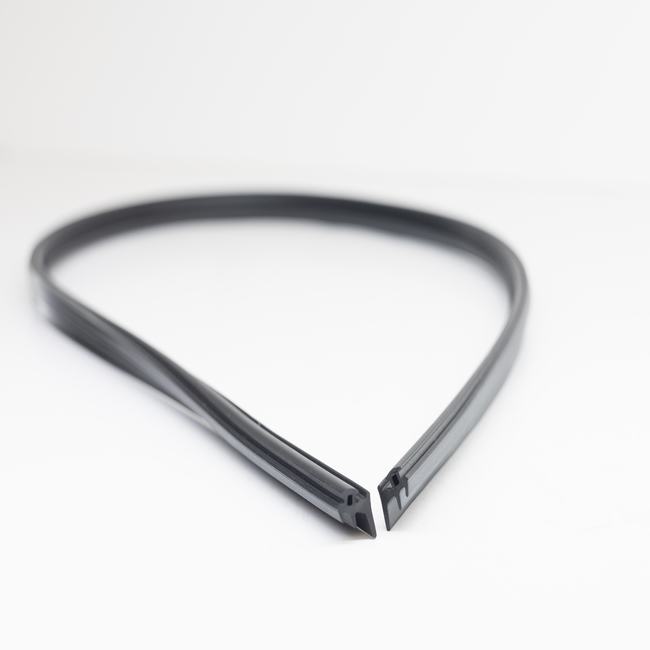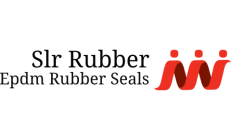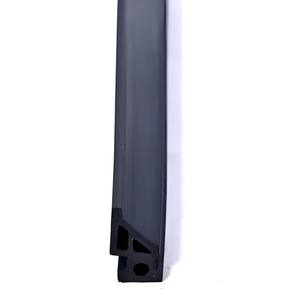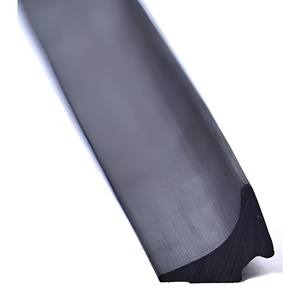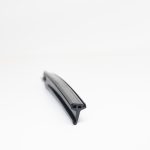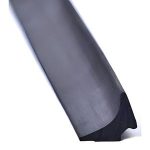Industrial seals are critical components used in a wide range of industrial applications to prevent the leakage of fluids, protect machinery from contamination, and maintain the efficiency and safety of various industrial processes. These seals come in various forms, materials, and designs, tailored to specific industries and applications. In this comprehensive description, we will explore the multifaceted world of industrial seals.
Purpose and Function:
Industrial seals serve several essential functions in industrial settings:
- Fluid Containment: The primary function of industrial seals is to prevent the escape of fluids, such as liquids, gases, or powders, from within a system or machinery. This containment is vital to ensure the integrity of the process and to avoid environmental contamination.
- Environmental Protection: Seals safeguard machinery and equipment from environmental elements, such as moisture, dust, and contaminants. They help extend the lifespan of industrial components and reduce maintenance and repair costs.
- Safety: Industrial seals contribute to safety by preventing leaks of hazardous materials and ensuring that industrial processes operate without risk to human health and the environment.
- Friction and Wear Reduction: Some seals are designed to reduce friction and wear between moving parts, thus extending the life of equipment and improving overall efficiency.
Types of Industrial Seals:
Industrial seals come in various types, depending on the specific application and requirements. Common types include:
- O-Rings: These are circular seals that fit within a groove and are used to seal static or dynamic connections between components. O-rings are versatile and find applications in hydraulic systems, automotive engines, and various industrial machinery.
- Gaskets: Gaskets are flat seals placed between two components to create a tight, leak-proof connection. They are commonly used in flange connections, piping systems, and more.
- Lip Seals: Also known as oil seals or rotary shaft seals, these are used to seal rotating shafts in machinery like engines, pumps, and gearboxes.
- Mechanical Seals: These are used in rotating equipment like pumps and compressors to prevent leakage of process fluids. They consist of multiple components, including a rotating and stationary seal face.
- Diaphragm Seals: Diaphragm seals are used to isolate and protect pressure gauges or sensors from corrosive or high-temperature process fluids.
Materials and Construction:
Industrial seals are constructed from a wide range of materials, selected based on factors like temperature, pressure, fluid compatibility, and mechanical requirements. Common seal materials include:
- Rubber: Such as nitrile, silicone, and Viton, suitable for a wide range of applications.
- Metal: Stainless steel, bronze, or other alloys for high-temperature and high-pressure environments.
- Polytetrafluoroethylene (PTFE): Known for its chemical resistance, PTFE is used in gaskets and seals for corrosive environments.
- Composites: Some seals are made from a combination of materials to provide specific properties, such as strength and flexibility.
Installation and Maintenance:
Proper installation and maintenance are crucial for the performance and longevity of industrial seals. Key considerations include:
- Correct Sizing: Choosing the right size and type of seal is essential to ensure an effective seal.
- Surface Preparation: Surfaces should be clean, flat, and free from defects to ensure a secure seal.
- Proper Lubrication: Lubricants may be required for certain seals, such as O-rings, to reduce friction and improve performance.
- Regular Inspection: Seals should be periodically inspected for signs of wear, damage, or leakage. Replacing worn or damaged seals is critical to avoid costly breakdowns and leaks.
Benefits:
The use of industrial seals offers several important benefits:
- Environmental Protection: Prevents leaks and emissions, reducing the risk of environmental contamination.
- Equipment Longevity: Extends the lifespan of industrial machinery and components by reducing wear and tear.
- Safety: Ensures the safe containment of hazardous materials, reducing the risk of accidents and exposure to harmful substances.
- Energy Efficiency: Helps maintain system efficiency by preventing leakage, ultimately saving energy and costs.
- Reduced Downtime: Prevents unplanned shutdowns and maintenance, improving overall operational efficiency.
In summary, industrial seals are indispensable components in industrial processes, ensuring fluid containment, environmental protection, and equipment longevity. The selection of the appropriate seal type and material is crucial, and proper installation and maintenance are essential for optimal performance and safety in a wide range of industrial applications.
